Entrepreneurship is having a moment.
While it’s en vogue to be a founder, and unicorn companies feel like the norm, launching a new venture involves much more than overnight success stories and billion-dollar valuations.
Entrepreneurship is an adventure that’s full of ups and downs and countless lessons. Being a founder requires courage, consistency, and the unflappable belief in the future you are building with your team.
Fracture’s CEO, Abhi Lokesh, sits down with us to peer behind the curtain and discuss the good, the gritty, the memorable, and the unexpected parts of starting and growing a company from an idea on a napkin.
Read on to hear his advice for budding founders.
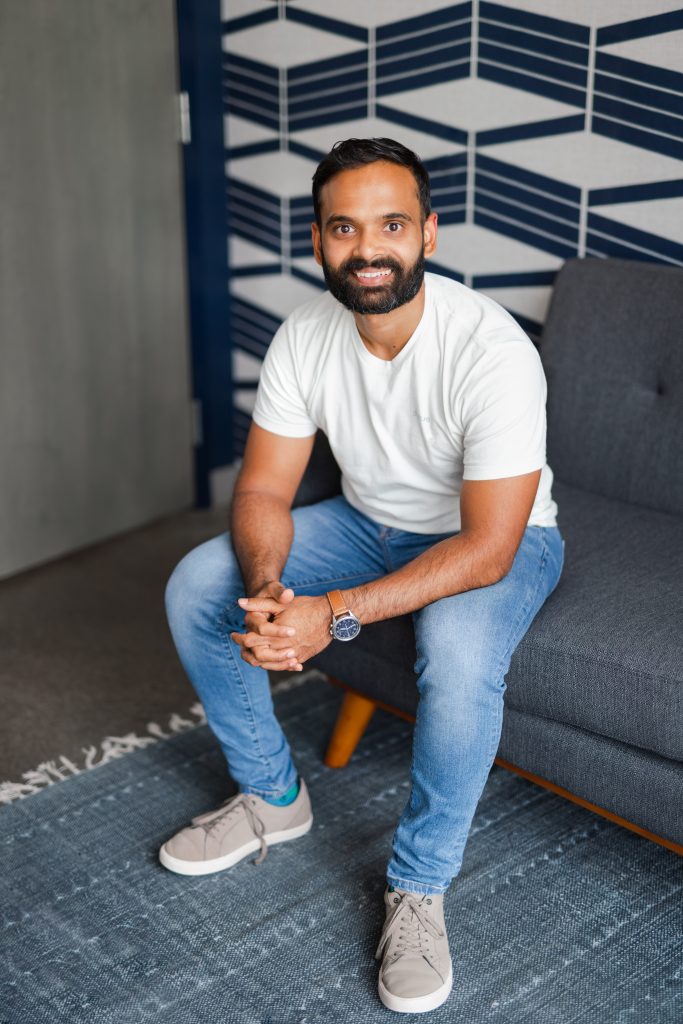
Set the stage for us: Where and how did you come up with the idea for glass prints?
Back in 2008, my co-founder Alex Theodore and I dabbled in some side ventures while we were in school at the University of Florida. One of our side ventures was this nonprofit art gallery where we sold art prints to people. We observed with our limited number of sales that people weren’t doing anything with the prints. Most of the time, the art never left the cardboard tubes.
So we thought to ourselves, “I wonder if there’s a way to motivate people to actually get their prints on the wall.”
Alex was studying chemical engineering and had been experimenting with substrate deposition in the engineering lab — he said, “What if we deposited ink onto glass? That would be a neat take on a framed photo.”
From those series of conversations came our experimentation. Fortunately, it worked.
Did you originally intend for the glass prints to be artwork, then?
It all fell under the umbrella category of art rather than photography. Even the photography was more artistic and stylized. It wasn’t originally going to be people’s vacation photos or family memories.
What changed?
Almost from the very first order, we were able to get a sense of what people liked printing: Babies, puppies, weddings, family, and sunsets. That’s because that’s what people want to cherish, the moments that people really care about.
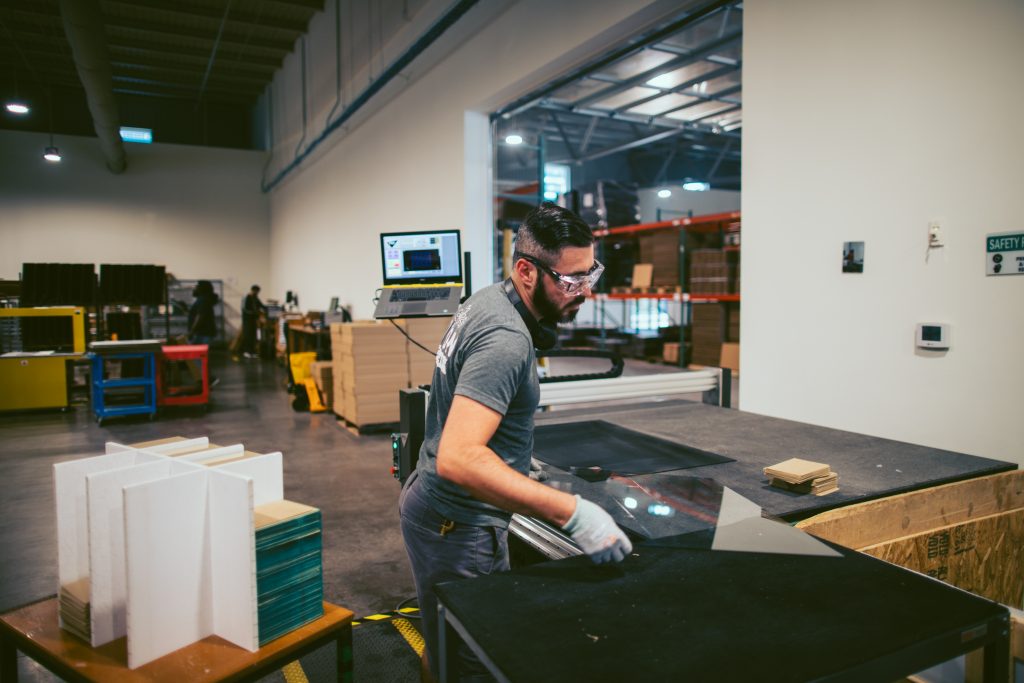
What are some of your favorite memories or milestones from those early years?
What I remember in terms of progress are the changes to our production and manufacturing process. I think about the early years when we would do things by hand in a very non-scalable way, just because we had to get stuff out the door. Then I walk to our production side of the house — the fact that we even have a production floor now — and I look at how it’s evolved and grown, and I’m just blown away by how cool it’s gotten. All the machinery we use is precise and sophisticated. I would have no idea how to operate much of it. But to see that growth is really cool because it’s tangible — you can touch it. You can feel it.
What have you enjoyed most about starting your own company? Has it come with any unexpected or expected changes?
What I have enjoyed most is the constant learning. Not a day goes by when I’m not introduced to something new. As a vertically integrated manufacturing e-commerce company, there are multiple departments and teams: customer support, HR, finance, industrial design, manufacturing, development, and marketing—all of these areas that are new to me.
It’s intellectually stimulating to learn all the time regarding what’s expected and what’s unexpected. I honestly don’t think I could have had any idea about what I was getting into when I first started. Not that that was necessarily a bad thing, but we didn’t have the faintest idea. And that’s OK. Frankly, if I knew what it was going to take, I might’ve been discouraged. I think it was definitely an adventure. We were young, we were naïve, and we had nothing better to do. And all of that, that was part of the fun of it.
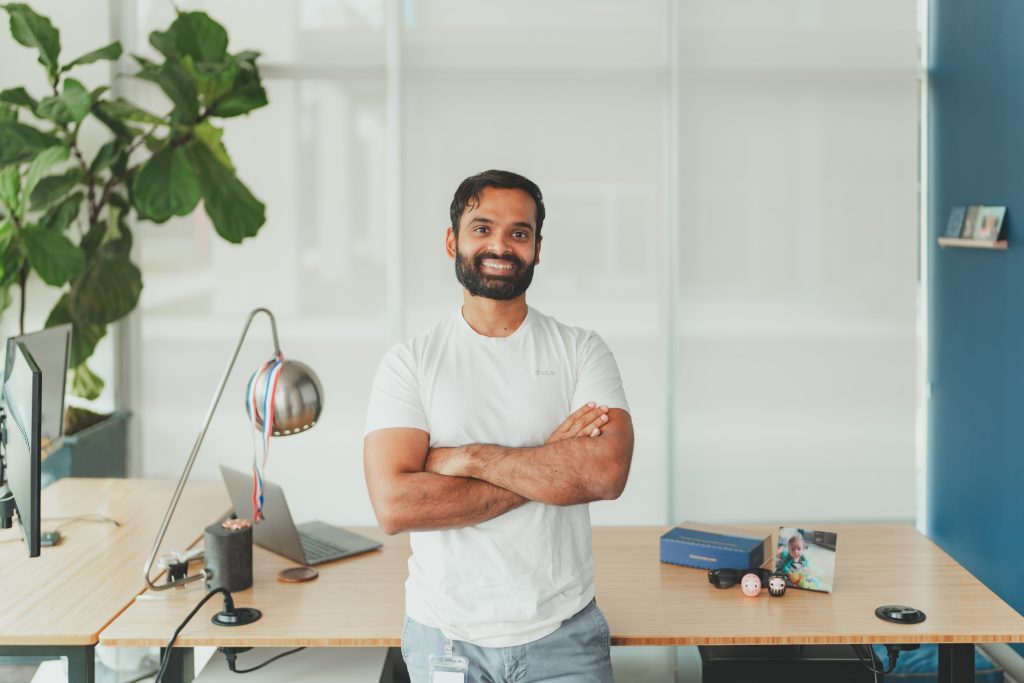
Knowing what you know now, is there anything you would’ve done differently when you first started out?
The genuine answer is no. I feel like it’s a bit of a cheat code. If I knew then what I know now, I could have saved time, effort, mistakes, money, but that’s just not what life is about. All of those experiences are what led to this moment. I would not change where I am for anything. From team mistakes to marketing mistakes to customer support mistakes, we’ve made them all. I know it’s cliché, but I know we’ve learned a ton from those mistakes.
Let’s take it back to the time when Fracture was a dream you jotted down on a napkin. Can you share what you remember about the circumstances around that now-infamous napkin?
That’s something you usually see in movies, or it very rarely ever happens in real life, so I didn’t think anything would come of it. But I scribbled down a bunch of ideas on the napkin. I’m looking at it right now in my office. It’s an international napkin — it traveled from South Africa and made it here. We caught it before it fully disintegrated, so we were able to kind of preserve it. It’s the start of it all and is something that I hope to bring with me for the rest of my life.
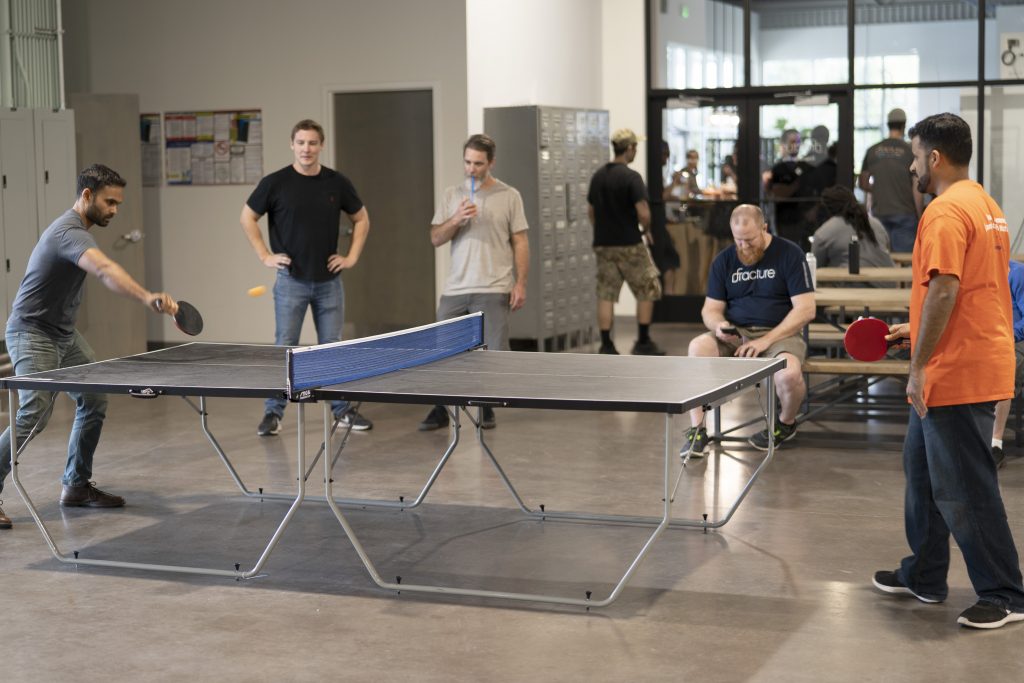
What keeps you motivated?
I feel like we’re really not even close to reaching our full potential, which is 5% frustrating, 95% motivating. We’ve come too far for me to not try and not push to reach our full potential.
We’ve come so far, and I still feel we’re just scratching the surface. It’s been a phenomenal ride, and it’s so rare even to have made it this far. You never know when you’re going to get a chance to build a company this big. You don’t want to take it for granted and say, “Well, I’ll just do it again,” because chances are, you can’t. So the notion that we can become even bigger and better, I want to see that through to the fullest.
What do you see in store for Fracture’s future?
We’re excited to start actually printing some artwork on glass, so instead of uploading your own artwork, you can choose from our collection. I think it’s going to be huge.
We’ve also been doing a lot just to rebuild our infrastructure. When running a sprint for 12 years straight, you don’t necessarily build things out precisely right or to scale. So we’re at the point where we have to be thoughtful about stuff like this. And I know that sounds unsexy, but that’s the sort of stuff that can really help a company go from good to great.
From there, it’s really about geographical expansion. We’ve shipped to over a hundred countries, but international sales make up a small minority of our orders. There’s a whole world of customers, artwork, images, and moments that matter that we haven’t been able to help people print out yet.
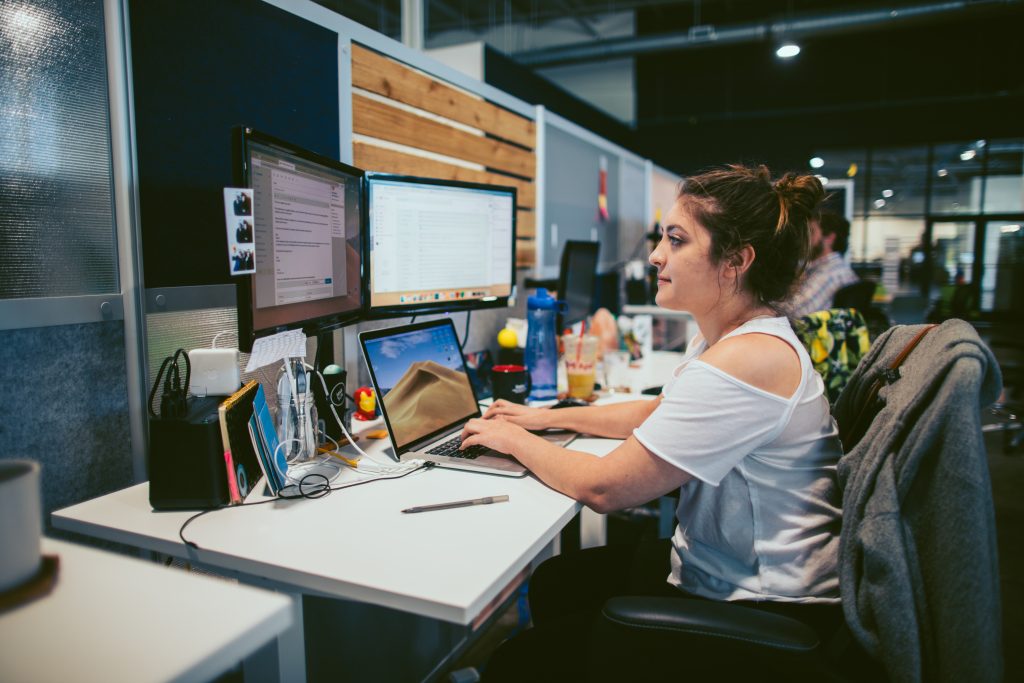
Fracture recently accepted funding from Summit. Can you talk a little bit about that process? How did you know it was the right time for this next step?
That was a really intense process that taught me a lot. The main point is that to grow, you need support. And you need different types of support at different stages. We couldn’t have made it to where we were up until earlier this year without the support of some key investors. These investors kept us alive for a long time. We were at the point where every investor, every investment group, had an exit horizon. We’d also done well enough and were fortunate that we thought that we could get them a good return for their investment, and they absolutely deserved it.
So we wanted to get our previous investors a return and at the same time find new partners, new supporters for the next stage of growth to help us truly become a world-class company. Having people on our side who had been there before and had done that before could help us identify roadblocks and opportunities and really whip us into shape. We were fortunate to find that in Summit. There were a lot of I’s to dot and T’s to cross — a lot of paperwork — and that took a long time. Fortunately, we were able to get that over the finish line.
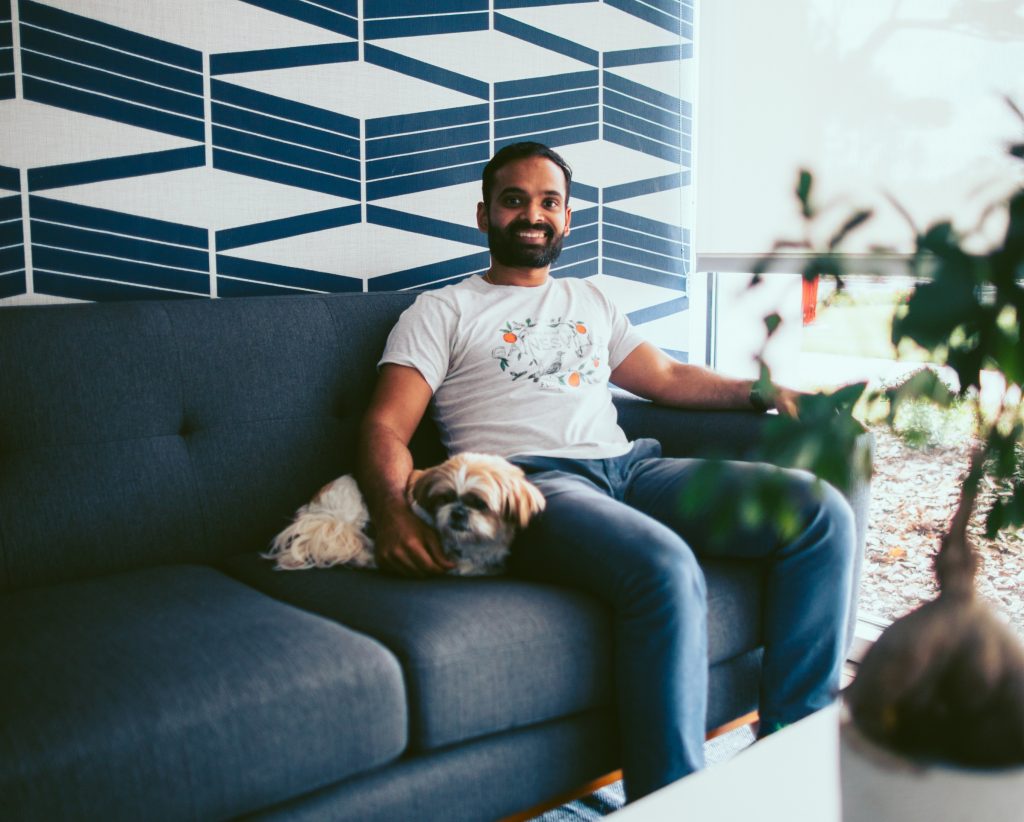
What’s the best advice you’ve received as an entrepreneur?
The best entrepreneurship advice I’ve received is from a mentor who said, “At the end of the day, the only people’s opinions I care about are God’s, my family’s, and my dog’s.”
It really resonated with me because I care a lot about what other people think. As a business owner, you have to be decisive and do what you think is right, even if it’s a difficult decision. Knowing that you’ll be wrong a good amount of the time, but still knowing you need conviction in what you’re doing. Having that support system of my family (and my dog) is super important to me.
It also helped clarify things to hear that with the urge to move forward at the end of the day, it really doesn’t matter what anyone else thinks. As long as you’re operating with integrity, things will be okay.
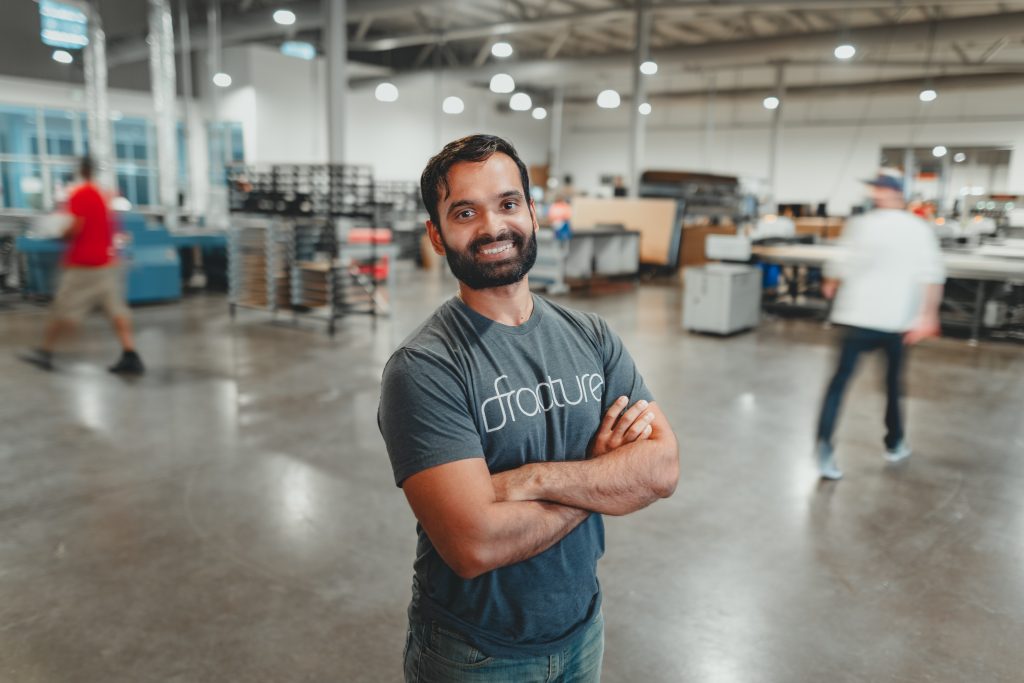
Do you have any advice for aspiring entrepreneurs?
I think the biggest piece of advice is to not get caught up in the hype. Right now, entrepreneurship is a very en vogue concept. I even have a bone to pick with the word entrepreneur because it’s French and fancy-sounding, and I don’t think it’s necessarily the reality. So often, media attention and the hype does less for people than it helps them.
I mean, it hurts more than it helps because everyone’s portrayed as an overnight success. Everyone thinks that there’s a formula — that there’s a tried and true path. For that one success, they had a thousand failures. And that one success that was marketed as an overnight success actually took eight to ten years. There’s so much that you don’t see.
So, it’s good to learn from some key resources and soak things in like a sponge. But, you’ve also got to realize that your journey is your own. You just gotta put your head down and work and not be distracted by the voices.
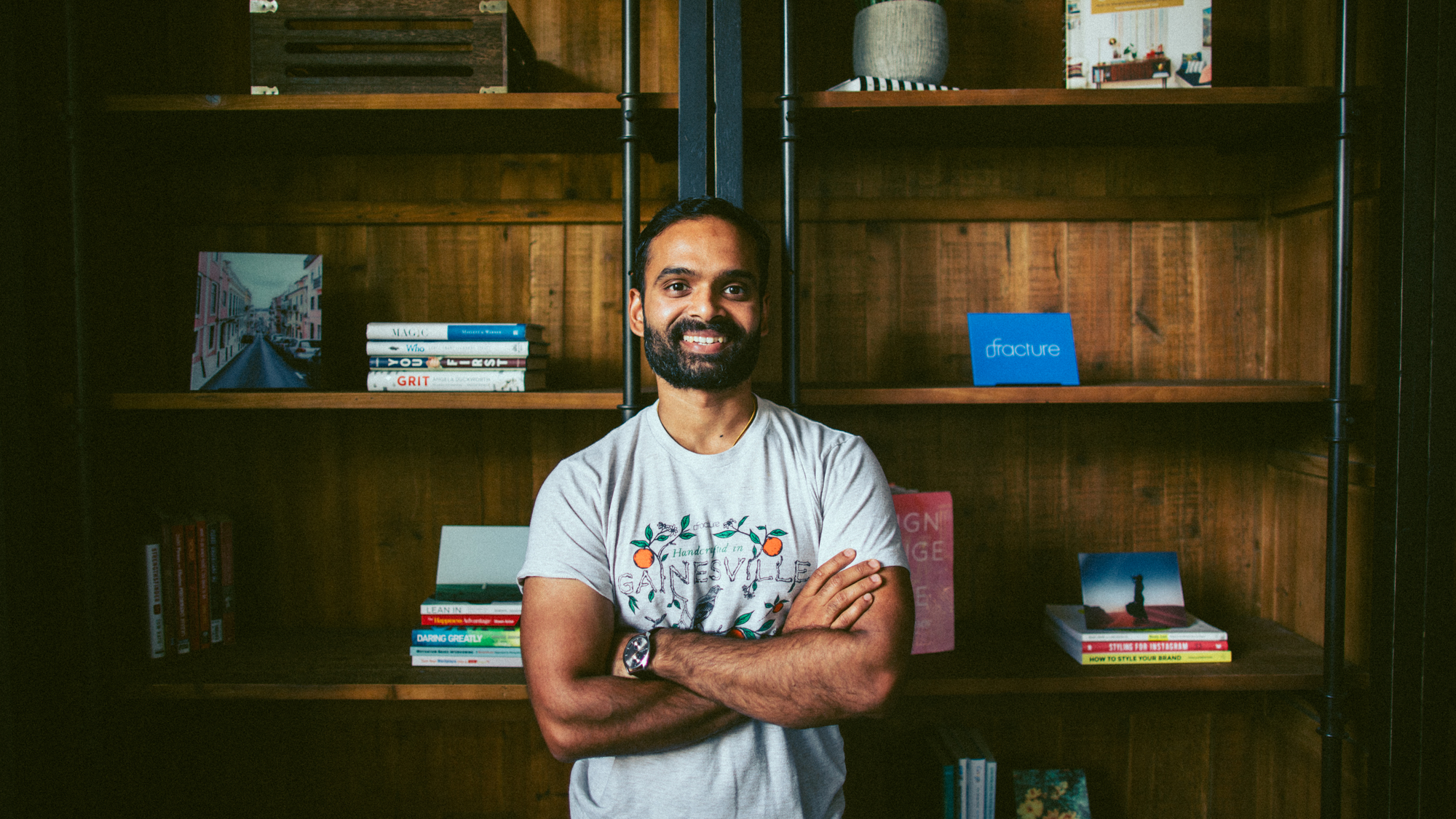



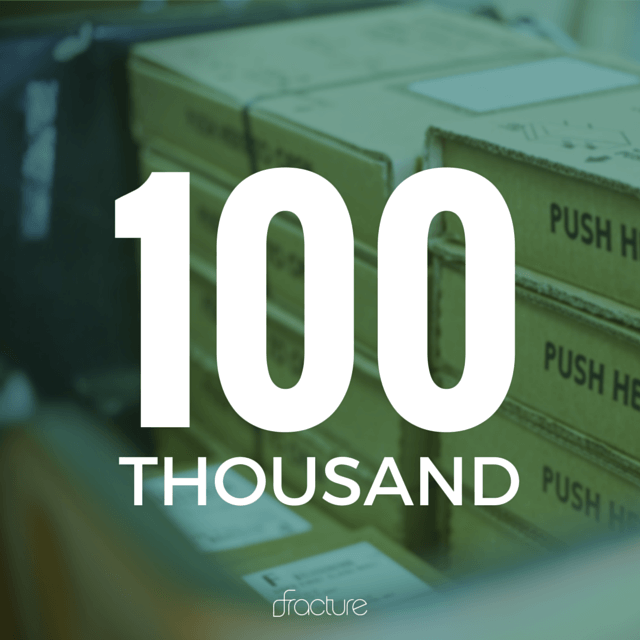

Comments